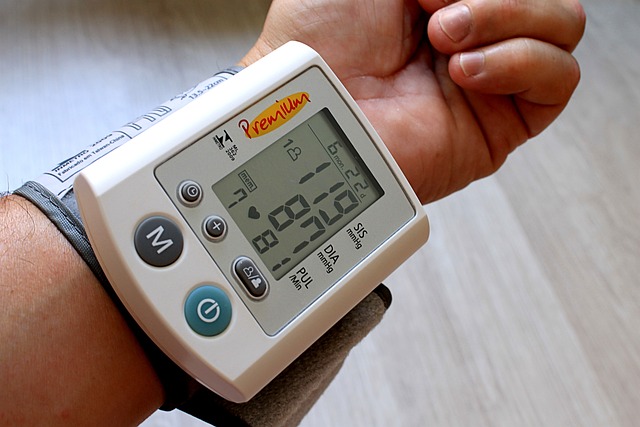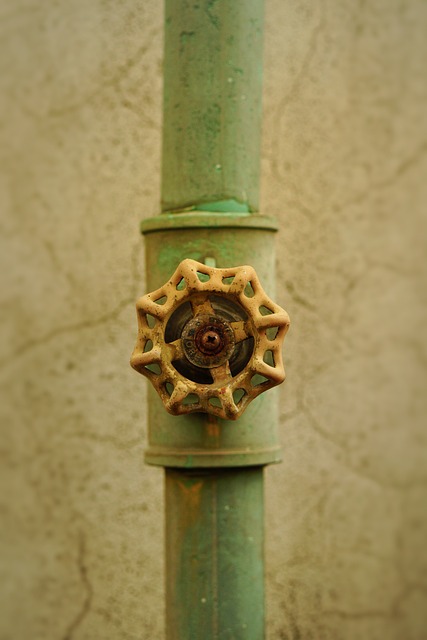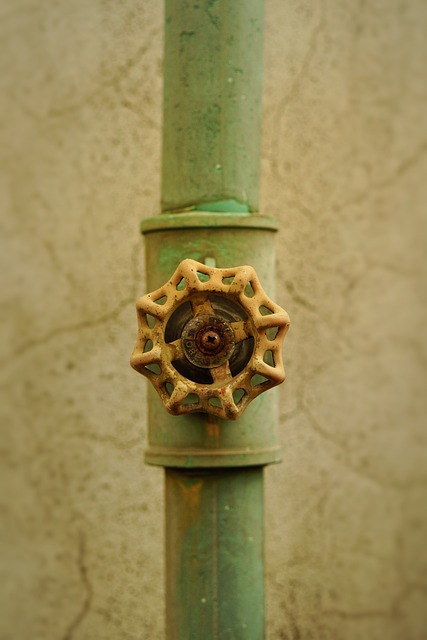Hard water, high in calcium and magnesium, causes mineral deposits that narrow pipes, leading to low pressure and damage. Common causes of low pressure include aging pipes, faulty regulators, leaks, and hard water buildup. Solutions involve regular filter cleaning/replacement, installing water softeners, flushing hot water, using conditioning systems, and maintaining pipes. By addressing these causes and implementing preventive measures, optimal water pressure and plumbing health can be maintained.
Hard water buildup is a common yet often overlooked culprit behind sluggish water flow. It can cause pipes to narrow, reducing water pressure throughout your entire home. This article delves into the world of hard water and its impact on plumbing, identifying common causes of low water pressure, and offering solutions and prevention strategies to keep your water flowing strong.
Understanding these factors is key to maintaining a well-functioning plumbing system and ensuring optimal water pressure.
- Understanding Hard Water and Its Impact on Plumbing
- Identifying Common Causes of Low Water Pressure
- Solutions and Prevention Strategies for Hard Water Buildup
Understanding Hard Water and Its Impact on Plumbing

Hard water, a common issue in many households, is characterized by the high mineral content, primarily calcium and magnesium. While it might not seem like a significant problem, hard water buildup can lead to various plumbing issues, including reduced water flow. When minerals accumulate inside pipes, they form deposits that narrow the pipe’s interior, restricting the passage of water. This restriction is one of the primary causes of low water pressure in homes and buildings.
As time goes on, these mineral deposits can build up, especially in areas with hard water sources. The consequences include not only weaker water flow but also potential damage to plumbing fixtures and appliances. For instance, showerheads may become less efficient at providing a strong spray, and hot water heaters might struggle to maintain optimal temperature levels due to the reduced water circulation. Understanding these causes of low water pressure is essential in addressing and preventing further complications related to hard water buildup.
Identifying Common Causes of Low Water Pressure

Low water pressure in your home or office can be frustrating and often indicates an underlying issue that needs addressing. Identifying the causes of this problem is the first step to finding a solution. Several factors contribute to reduced water pressure, some more common than others. One of the most prevalent causes is mineral buildup, especially in areas with hard water. Minerals like calcium and magnesium, naturally present in hard water, can accumulate over time in pipes, fixtures, and appliances, narrowing them and restricting water flow.
Other potential Causes of Low Water Pressure include old or corroded pipes, faulty pressure regulator valves, leaks in the plumbing system, and even issues with the main water supply line. Identifying the specific cause requires careful observation and sometimes professional inspection to ensure efficient water distribution and restore optimal water pressure throughout your space.
Solutions and Prevention Strategies for Hard Water Buildup

Hard water buildup is a common issue that can significantly contribute to causes of low water pressure in your home or office. To address and prevent this problem, start by regularly cleaning or replacing water filters. Filters trap minerals and impurities that cause hard water, ensuring a steady flow of clean water throughout your plumbing system. Additionally, consider installing a water softener, which uses an ion exchange process to remove calcium and magnesium, the main culprits behind hard water.
For immediate relief, try flushing out the affected areas. Run hot water through faucets or appliances for several minutes to flush out mineral deposits. Preventive measures include using water conditioning systems or corrosion-inhibiting chemicals recommended by professionals. Regular maintenance, such as inspecting and cleaning pipes and fixtures, can also help. By implementing these solutions and prevention strategies, you can restore optimal water pressure and maintain a healthy plumbing system, avoiding further complications caused by hard water buildup.
Hard water buildup is a significant contributor to low water pressure in homes, leading to decreased efficiency and performance. By understanding the causes outlined in this article, such as mineral accumulation and corroded pipes, you can identify the root issues hindering your water flow. Implementing prevention strategies, like installing water softeners or regular cleaning, will help mitigate these problems. Addressing hard water buildup is essential for maintaining optimal plumbing health and ensuring consistent, strong water pressure throughout your home.
